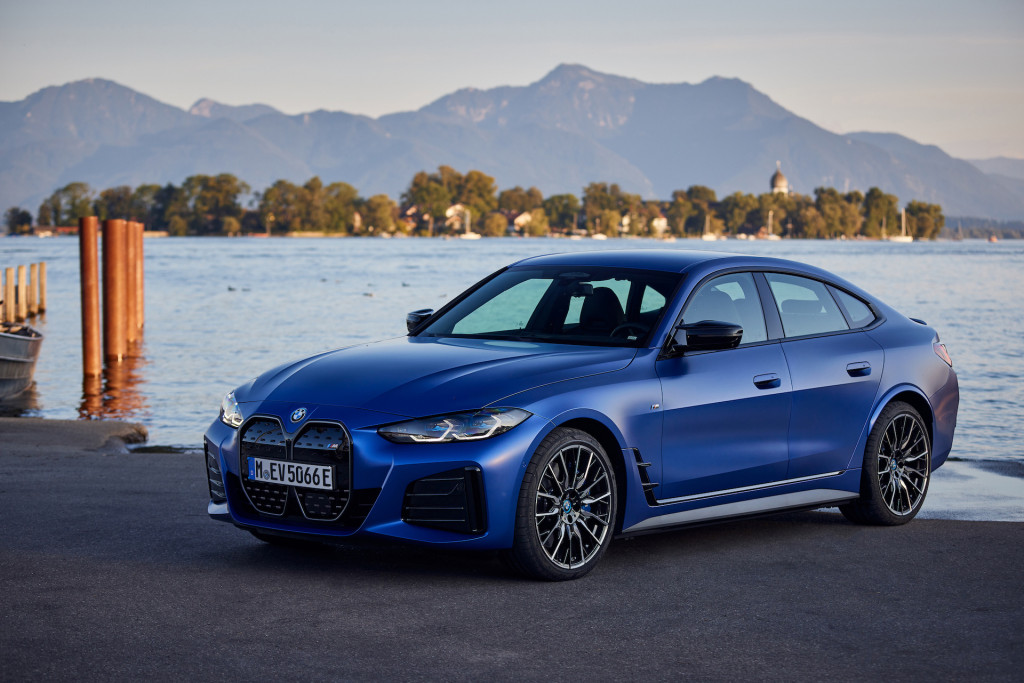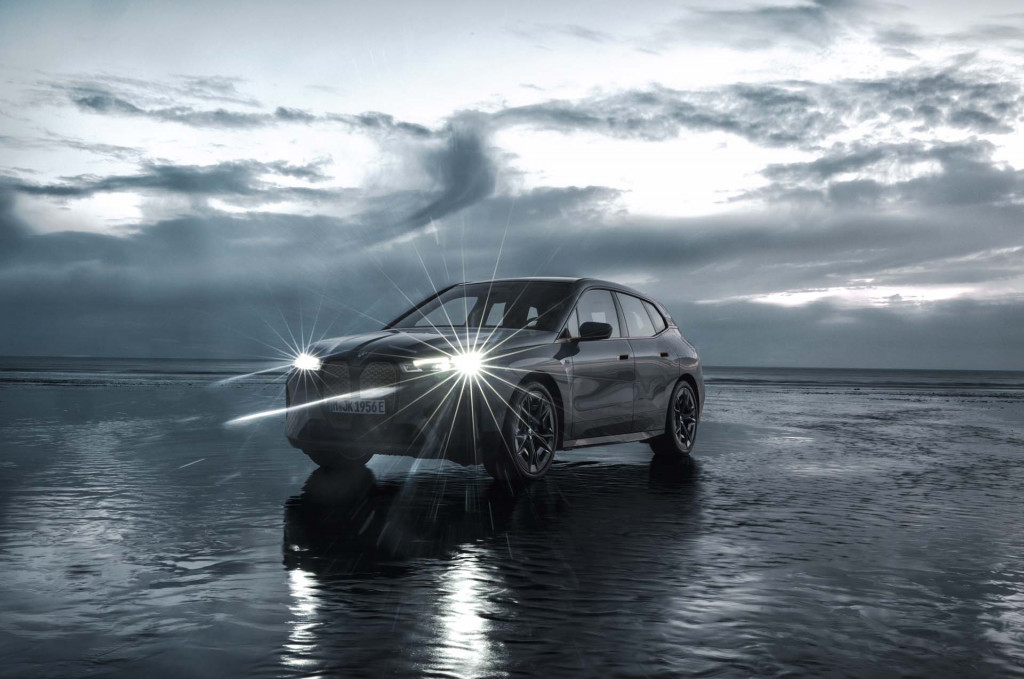BMW is poised to begin its shift to cylindrical EV battery cells by partnering with China's EVE Energy, Automotive News (subscription required) reported recently.
EVE has signed contracts to be BMW's primary supplier of battery cells in Europe for a new line of EVs debuting in 2025, according to the report, which cited anonymous sources familiar with the matter. That likely refers to the "Neue Klasse" (German for "New Class") family EVs, which a May report said would kick off BMW's shift to cylindrical cells. Named after a revolutionary family of models launched in the 1960s, the Neue Klasse will also usher in a dedicated EV platform.

2022 BMW i4 M50
The cells will be similar in size to Tesla's large format 4680 cells, according to the report. These cells are 46 millimeters in diameter and 80 millimeters in length, compared to the 21 millimeter diameter and 70 millimeter length of Tesla's current 2170 cells. Tesla believes this new format will lower production costs and increase range.
Longtime Tesla cell producer Panasonic is making 4680 cells in Japan first, but it could be planning to also build them at the Kansas battery plant that's being called the largest in the world.

2023 BMW iX M60
While unproven at a commercial scales, reports have indicated multiple battery suppliers have been vying to make Tesla 4680 cells. But there are strong alternatives. CATL's prismatic-based cell-to-pack tech claims to have an advantage in energy density, for example.
Cylindrical cells are preferred by virtually all EV-focused startups, but established automakers have been slower to adopt them. Are cylindrical cells the reason that Tesla and Lucid continue to maintain a range and efficiency advantage?












